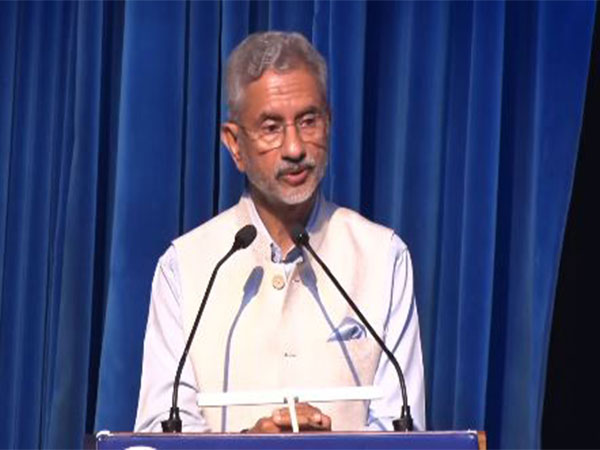
Jaishankar noted that nationalism has played a crucial role in the independence movements of various countries, leading to the decline of colonial powers and the emergence of new nations. This historical perspective underscores the importance of nationalism in fostering self-determination and sovereignty, which continue to influence global geopolitics.
During his speech, Jaishankar addressed criticisms from foreign media, arguing that such perspectives often fail to appreciate the positive aspects of nationalism. He pointed out that nationalism has been instrumental in creating more diverse and multipolar global interactions, where multiple nations assert their interests and values on the international stage.
The minister also touched on the implications of rising nationalism for international relations, suggesting that it promotes a more balanced and equitable world order. By allowing countries to pursue their national interests within a framework of mutual respect, nationalism can contribute to global stability and cooperation.
Jaishankar's remarks come at a time when many nations are grappling with the resurgence of nationalist sentiments. This trend is evident in various political developments worldwide, including shifts in domestic policies and international alignments. The minister's comments suggest that understanding and engaging with nationalism is crucial for navigating contemporary global challenges.
Furthermore, Jaishankar highlighted the need for countries to balance nationalism with global cooperation. He argued that while nationalism can drive countries to protect their interests, it should not lead to isolationism. Instead, a balanced approach can harness the strengths of nationalism while promoting international collaboration and problem-solving.
Jaishankar's speech has sparked discussions among political analysts and scholars, with some viewing his stance as a necessary acknowledgment of changing global realities. Others, however, caution against the potential risks of nationalism, such as xenophobia and protectionism, which can hinder international cooperation.
Jaishankar's emphasis on nationalism reflects a broader recognition of its role in shaping the modern world. As countries navigate the complexities of a multipolar international system, the challenge lies in balancing national interests with the need for global cooperation and understanding.
